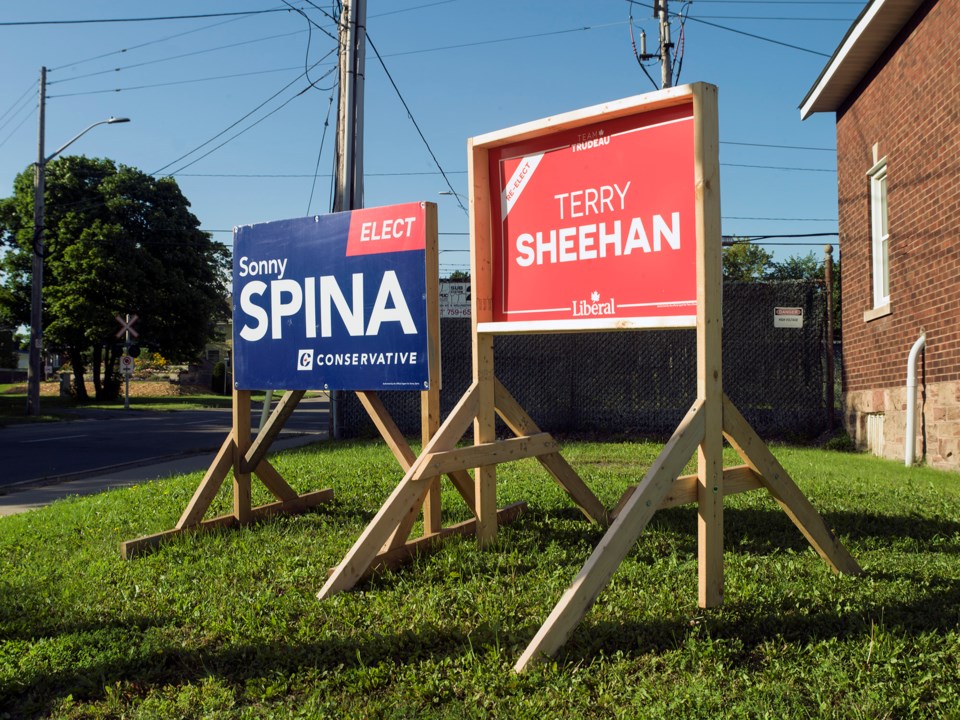An Assembly of First Nations (AFN) report from late August suggests the ridings of Sault Ste. Marie and Algoma-Manitoulin-Kapuskasing are among 24 electoral districts in Canada where First Nations voters could play ‘kingmaker’ in the 2021 federal election.
Using population data from Statistics Canada and Elections Canada voting results from the 2019 federal election, AFN identified ridings in Canada where the percentage of First Nation voters was higher than the margin of victory for the winning candidate in 2019 and ridings where First Nation voters represent at least five per cent of voters in a riding and the difference between the margin of victory for the winning candidate in 2019 and the representation of First Nations electors was less than five.
According to AFN research, First Nation voters in the Sault Ste. Marie riding account for 6.5 per cent of total voters, while First Nation voters in the Algoma-Manitoulin-Kapuskasing riding make up 11.8 per cent of voters.
Batchewana First Nation Chief Dean Sayers is encouraging his community to vote in the federal election.
“We’re non-partisan. What I encourage our people to do is participate in that election because you can from a business perspective, from a position of nation to nation,” said Sayers, speaking with SooToday Thursday. “We actually have the ability to have input on what party sits across from the table from us when we are negotiating implementation of expectations, and that means for us, that we have the ability to vote for somebody, a willing party, a workable party.”
“So I encourage our people to research - do their homework and try to get a sense of who would best be able to support the improvement of our quality of life by way of different measures that the federal, even provincial government, may be able to incorporate.”
“It seems as though the yardstick is not moving to the degree that we want it," says Batchewana First Nation chief
But no matter what party is in power following the upcoming federal election, Sayers says, Batchewana and other First Nations continue to develop their own plans, assertions and assumption of their jurisdictions despite a lack of equity on a number of fronts.
“It seems as though the yardstick is not moving to the degree that we want it. We look at how many hundreds of millions of dollars in legal [costs] is being spent by the crown fighting us on human rights based issues, equity issues. And it’s all the governments. Why is it just not normal that everything is equal? And it’s not,” said Sayers.
“I don’t really have much wind in my sails about the implementation of government rhetoric, government propaganda around the promises that they make to us,” he continued. “Elections are fine - but at the end of the day, our issues are non-partisan. They are owned and inherited by the entire government of Canada.”
In late August, AFN released The Healing Path Forward: 2021 Federal Priorities for Strengthening and Rebuilding First Nations, a 14-page report outlining a number of key priorities for the more than 630 First Nations across Canada.


